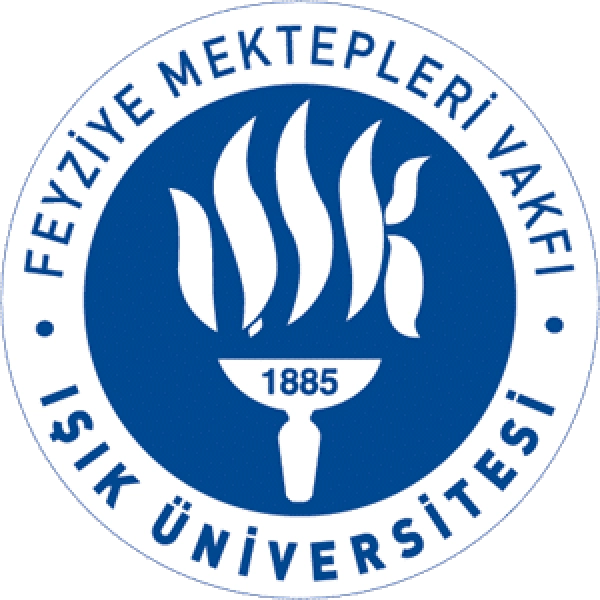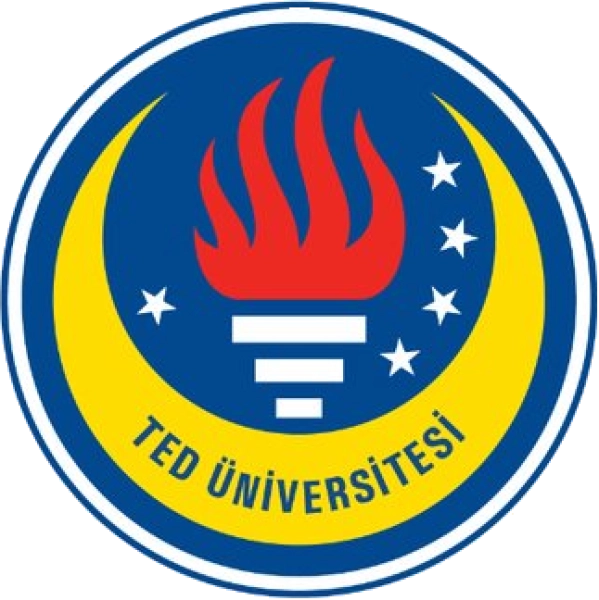College: Graduate School of Science and Engineering
Mechanical engineering focuses on the design, analysis, manufacturing, and maintenance of mechanical systems. Students develop skills in thermodynamics, fluid mechanics, materials science, and mechanical design. Graduates are prepared for careers in various industries, including automotive, aerospace, manufacturing, and energy.
Learning Objectives:
- Understand the fundamentals of mechanical engineering and its applications.
- Develop skills in thermodynamics, fluid mechanics, and materials science.
- Learn techniques for designing and analyzing mechanical systems.
- Explore principles of mechanical design, manufacturing processes, and control systems.
- Analyze and interpret mechanical engineering data and research findings.
- Develop critical thinking, problem-solving, and project management skills for effective mechanical engineering practice.
Major Outline:
- Introduction to Mechanical Engineering
- Overview of key concepts, principles, and practices in mechanical engineering.
- Fundamentals of mechanical systems, energy, and materials.
- Thermodynamics
- Principles of thermodynamics, including energy transfer, work, and heat.
- Techniques for analyzing and designing thermal systems.
- Fluid Mechanics
- Principles of fluid mechanics, including fluid flow, pressure, and viscosity.
- Techniques for analyzing and designing fluid systems.
- Materials Science
- Principles of materials science, including material properties, structure, and behavior.
- Techniques for selecting and applying materials in engineering applications.
- Mechanical Design
- Principles of mechanical design, including machine elements, kinematics, and dynamics.
- Techniques for designing and analyzing mechanical components and systems.
- Manufacturing Processes
- Principles of manufacturing processes, including machining, casting, and welding.
- Techniques for planning and executing manufacturing operations.
- Control Systems
- Principles of control systems, including feedback control, stability analysis, and system dynamics.
- Techniques for designing and implementing control systems.
- Energy Systems
- Principles of energy systems, including power generation, renewable energy, and energy efficiency.
- Techniques for designing and managing energy systems.
- Mechanical Engineering Practicum
- Real-world experiences in mechanical engineering, including internships, projects, and practical assignments in industry or research settings.
- Application of acquired skills in practical mechanical engineering scenarios.
- Mechanical Engineering Capstone Project
- Comprehensive project applying skills in mechanical design, thermodynamics, or manufacturing processes.
- Delivery of a polished mechanical engineering project, report, or presentation.
Assessment Methods:
- Thermodynamics analyses
- Fluid mechanics projects
- Materials science reports
- Mechanical design studies
- Manufacturing process plans
- Control systems designs
- Energy systems analyses
- Internship reports
- Capstone projects
- Group projects
- Presentations
Recommended Textbooks:
- "Engineering Thermodynamics" by Yunus A. Çengel and Michael A. Boles.
- "Fluid Mechanics" by Frank M. White.
- "Materials Science and Engineering" by William D. Callister Jr.
- "Shigley's Mechanical Engineering Design" by Joseph E. Shigley and Charles R. Mischke.
- "Manufacturing Engineering & Technology" by Serope Kalpakjian and Steven Schmid.
- "Control Systems Engineering" by Norman S. Nise.
- "Energy Systems Engineering" by Various Authors.
Prerequisites:
Basic knowledge of mathematics, physics, and engineering principles. Suitable for students interested in mechanical systems, energy, and manufacturing.
Major Duration:
Typically 4 years for a bachelor's degree, including coursework, projects, practical training, and internships. Additional advanced degrees or certifications may be required for specialized roles.
Certification:
Graduates may earn a degree in Mechanical Engineering and pursue higher education or professional certifications, such as a Master's degree in Mechanical Engineering or related disciplines. Certifications from organizations like the American Society of Mechanical Engineers (ASME) can also be obtained.
Target Audience:
Aspiring mechanical engineers, design engineers, manufacturing engineers, energy engineers, and individuals seeking careers in automotive, aerospace, manufacturing, energy, and related industries.
This major equips students with the engineering, analytical, and problem-solving skills necessary to excel in mechanical engineering, supporting careers in various industries, including automotive, aerospace, manufacturing, and energy.




















